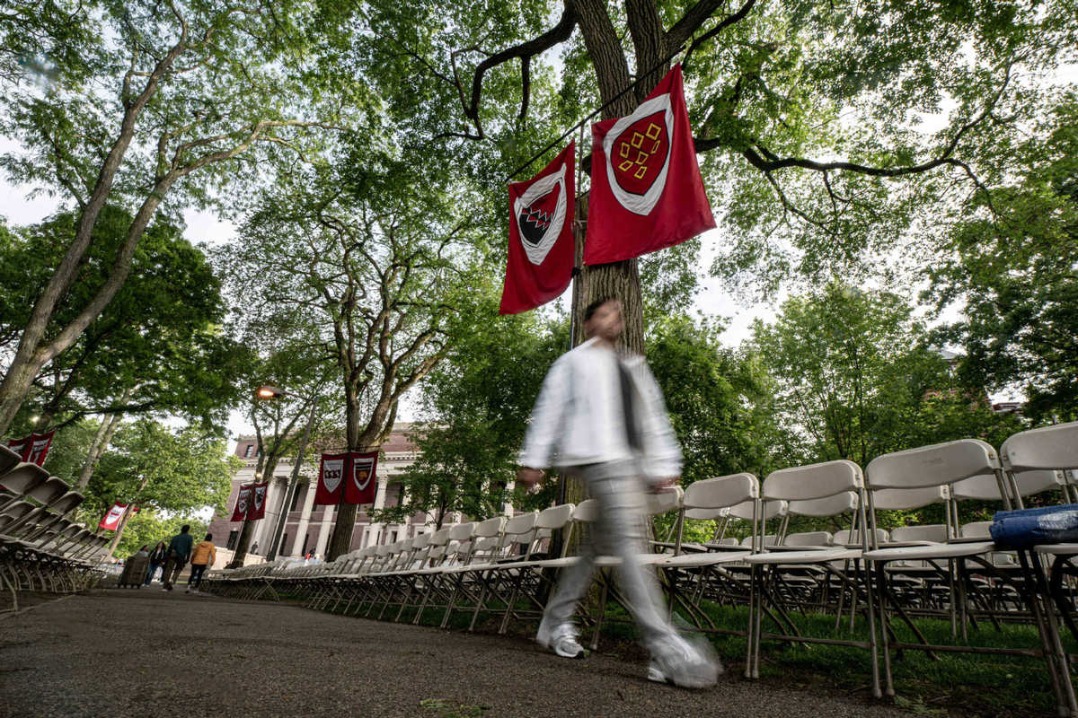History of 'erhu' told through a scintillating performance
By Chen Nan | chinadaily.com.cn | Updated: 2024-12-05 11:53

On the evening of Nov 29, Central Conservatory of Music professor and renowned erhu artist Yang Xue staged a concert at the historical Zhengyici Theater in Beijing, bringing the history of the erhu to life through a captivating performance.
The audience was transported through time, experiencing the music instrument's rich evolution against the backdrop of historical textures. In addition to music, the event featured an exhibition of scores, books, and various texts, allowing attendees to tangibly feel the warmth of history through the depth of its pages.
The concert opened with A Fine Evening, a classic composition by Liu Tianhua and one of the foundational works in the professionalization of the erhu. Its auspicious title, symbolizing joyous occasions, made it an ideal opening piece.
The next piece, A Century, was specially commissioned by Yang in 2019 from composer Chen Xinruo. The work is a chamber composition for an antique erhu and a modern erhu, reflecting a dialogue between the past and present of the instrument.

The audience was then transported to the 1950s with Mei Hu Tune, an adaptation of Shaanxi folk music. Yang performed this piece on an antique erhu, with the expressive slides and glides intertwined with lyrical melodies, evoking imagery of undulating mountains.
The concert then transitioned to the present day with Lingering Threads in the Clear Sky, a piece commissioned by Yang in 2012 and composed by Du Wei. Flutist Yuan Miao began with a solo, breaking the traditional stage format by performing from the theater's second-floor gallery, creating a unique spatial resonance. For Yang, the historic Zhengyici Theater, a 300-year-old venue known as the oldest wood-structured theater in China, provided the perfect setting to imbue the piece with cultural and symbolic depth.
The program continued with Embroidered Pouch, originally a tune from the Huju Opera repertoire Ten Embroidery Songs.
Yang closed the night by performing the iconic work, The Moon Reflected in the Second Spring, composed by blind folk musician Hua Yanjun, known colloquially as A Bing.
























